Is it any wonder that, especially now, many of us find ourselves mindlessly staring into our refrigerators and pantries, looking for comfort in food? With so many of our normal pleasures and activities on hold, it’s not surprising that food offers such a tempting oasis. After all, no matter what our lives were like before, they have certainly been fundamentally altered. Many of us are lonely, bored, stressed, worried, or a combination thereof. This can become toxic when we’re sheltering in place and food is so easily accessible. The result: Even when we’re not hungry, we often reach for food when we’re looking for comfort.
When we eat in response to our emotions, we tend to make bad choices. We seek a short-term fix, reaching for comfort foods such as cake, candy, and cookies, which boost serotonin levels in our brains. Increases in this chemical elevate our mood and make us feel great—at least for the moment.
If you find yourself in the kitchen, thinking about your next meal or snack, eating more than usual or without feeling hungry, or looking for that sugar fix—you’re not alone.
What is emotional eating?
When we use food to suppress or soothe negative emotions, such as stress, anger, fear, boredom, sadness, or loneliness, we’re engaging in emotional eating. Major life events, such as the specter of the coronavirus and its associated health and financial fears, can trigger the negative emotions that lead to emotional eating. Our emotions can become so tied to our eating habits that we automatically, often mindlessly, reach for a treat when we’re angry or stressed.
Thankfully, there are many practical, free, and quick ways to put the brakes on run-away emotional eating.
How to control your eating when you have to be home
Create a routine. Plan your day task-by-task so you know what you will do from the time you wake up and how you will make each day feel productive.
Find activities that bring you joy or develop a skill. Try to incorporate into your more-limited life as many activities as possible from your “former” life. Investigate online equivalents or explore new online activities that may be of interest, including Broadway shows, movies, museum tours, classes, exercise and more.
Plan your meals. Prepare meals that will satisfy your hunger and physical needs but also your emotional ones. You want to stabilize your blood sugar levels and elevate your mood to support your emotional coping.
Stay connected. Now, more than ever, we need to access our support systems. Even though we’re maintaining recommended distances, we’re social beings who need connection. Use the Internet or your phone to connect with family, friends, and colleagues.
Incorporate moderate exercise. You may be separated from your gym or other exercise environment, but it’s still safe to walk, bike, or run outdoors, hike (away from crowds), or do a variety of online workouts. Try to keep it fun, while making sure it doesn’t become excessive or compulsive.
Practice or learn new coping skills. Get enough sleep. Spend time outdoors when possible. Meditate. Listen to music. Read.
Practice self-compassion. It’s okay to feel overwhelmed. We’re all trying to find our way in these unprecedented times. If you have an episode of emotional eating, forgive yourself and try to learn from the experience. Start fresh the next day, and make a plan for how you can prevent it from happening in the future. And be patient with yourself.
Ask for help. Research indicates that telehealth can be as effective as in-person appointments with healthcare professionals. There are numerous therapists, dietitians, health coaches, and treatment centers providing services online. In addition, many treatment centers have added virtual support groups via Facebook live or Instagram live.
There is nothing typical about how we’re spending our time right now. This period provides challenges and opportunities. If we can be kind to ourselves and mindful about the choices we make, we may just come out on the other side physically healthier, emotionally stronger, and more prepared to achieve our goals.

